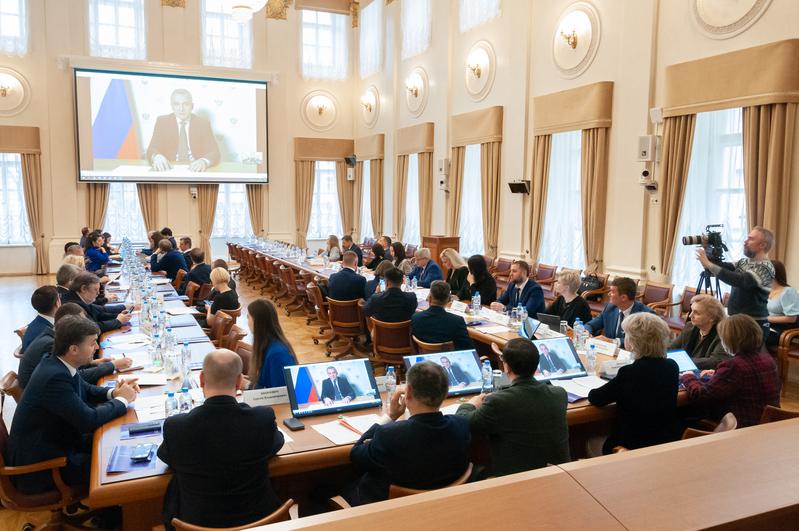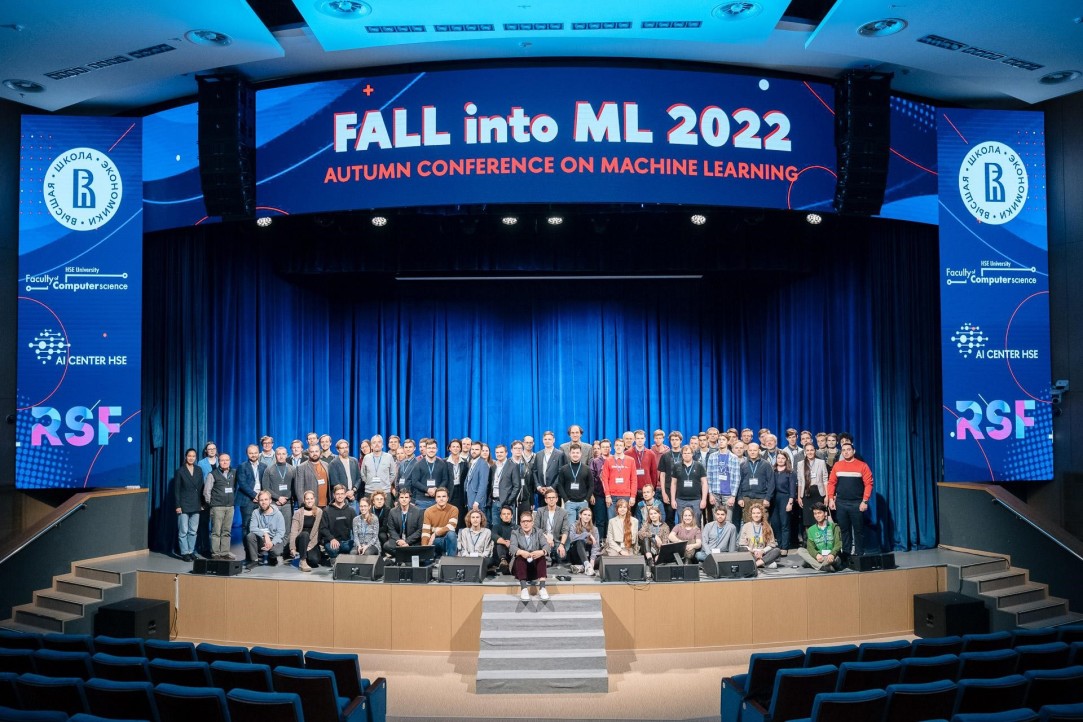
Meta-analysis Links Benevolent Sexism to Violence against Women
HSE researchers Elena Agadullina, Andrey Lovakov, Maryana Balezina and Olga Gulevich examined the potential links between different types of sexism – hostile and benevolent – and the likelihood of supporting or practicing violence against women. The authors conducted a meta-analysis of academic literature to find out how sexist attitudes can contribute to violence.

First Sino-Russian Economic Cooperation Workshop—Economic Performance from Regional Aspects
The HSE Faculty of Economic Sciences and the School of Economics at Shanghai University have co-organised the First Sino-Russian Workshop on ‘Economic Performance from Regional Aspects’. The researchers discussed how they detected and assessed the effects of different economic policies in Russia and China at a regional level.

‘Asian Studies is a New High Tech for Russia’
Russia's pivot to the East requires balanced actions, as well as knowledge of the languages, cultures, and traditions of Asian countries. Without this, Russian businesses will not be able to work there effectively. Experts and government representatives discussed the issue and the experience of Russia's regions working in Asia at ‘The Pivot to the East: The Regional Dimension’, the first interregional conference held by HSE University with the support of the Russian Ministry of Economic Development.

Only Left Hemisphere Involved in Action Naming
An international team including researchers from the HSE Centre for Language and Brain and the HSE Institute for Cognitive Neuroscience have demonstrated the critical role of the left, but not the right, inferior frontal gyrus in action naming. The study findings are published in Brain Structure and Function.

‘An STI-Accelerated and Informed Future is Possible’
The Twelfth International Academic Conference ‘Foresight and Science, Technology and Innovation Policy’ is kicking off at HSE University on November 22. Alexander Sokolov, chair of the organising committee, talked to the HSE News Service about the evolution of the foresight agenda. Two of the conference speakers, Ibon Zugasti from Spain and Mlungisi Cele from South Africa, shared some highlights of their research.

Three HSE Researchers Receive Ilya Segalovich Award
Three researchers of the HSE Faculty of Computer Science are among the winners of the 2022 Ilya Segalovich Award: Research Professor Dmitry Vetrov, Associate Professor Alexey Naumov and doctoral student Sergey Samsonov. The award, established by Yandex in 2019, is aimed at supporting young researchers and the scientific community in the field of IT in Russia, Belarus and Kazakhstan.

Fall into ML: Autumn School and Conference on Machine Learning Held at HSE University
On November 1st-3rd, 2022 the International Laboratory of Stochastic Algorithms and High-Dimensional Inference of the HSE Faculty of Computer Science and the Laboratory of Methods for Big Data Analysis with the support of HSE AI Centre and the Russian Science Foundation organized the first autumn school and conference on artificial intelligence ‘Fall into ML’. The new format of the event included a school for students and young researchers.

Machine Learning Predicts Epileptogenic Activity from High-Frequency Oscillation Rates
In an innovative study, researchers from HSE University, RAN Institute of Linguistics, and the National Medical and Surgical Centre named after N.I. Pirogov measured and analysed high-frequency oscillations (HFO) in different regions of the brain. An automated detector predicted seizure outcomes based on HFO rates with an accuracy rate of 85%, and by applying machine learning, made it possible to distinguish between epileptogenic and non-epileptogenic HFO. The study’s findings are published in Frontiers in Human Neurosciences.

Optimism Makes Algorithm for Reinforcement Learning More Effective
An international team of scientists from Russia, France and Germany (including researchers of the HSE Faculty of Computer Science, the HSE Artificial Intelligence Centre and the Artificial Intelligence Research Institute) have developed a new reinforcement learning algorithm (Bayes-UCBVI). This is the first Bayesian algorithm that has a mathematical proof of effectiveness and has been successfully tested in Atari games. The result was presented at the ICML-2022 conference.

Research Finds Genes Associated with Most Aggressive Kidney Cancer
HSE researchers have found genes characteristic of the most aggressive subtype of clear cell renal carcinoma. Having studied data on tumour samples from 456 patients, Grigory Puzanov, research fellow at the HSE Faculty of Computer Science International Laboratory of Bioinformatics, identified cancer subtypes associated with either a favourable or unfavourable course of the disease. The paper is published in Scientific Reports.

